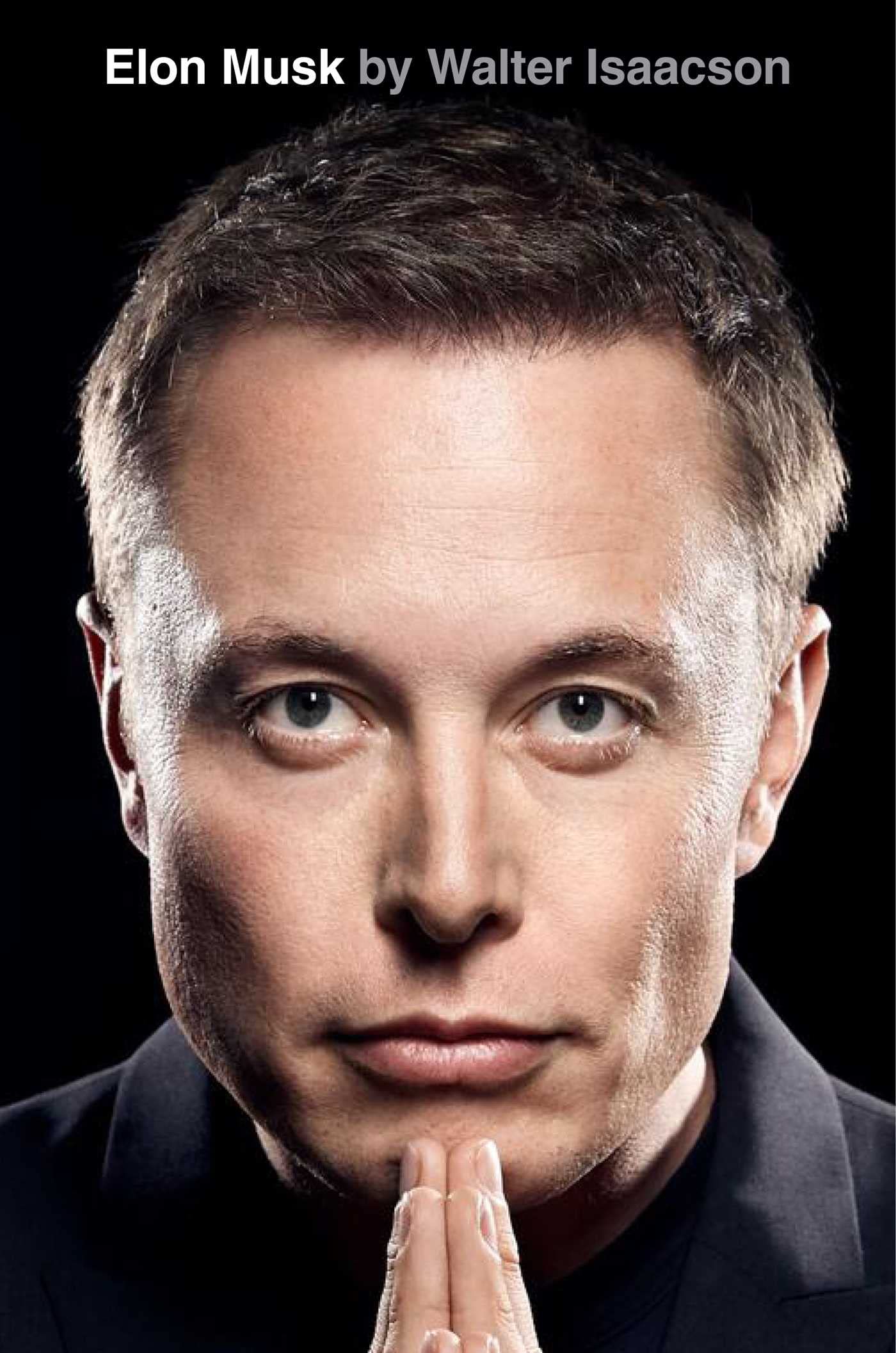4. The Seeker
byThe Seeker captures Elon Musk’s formative years in Pretoria during the 1980s, a time when his relentless curiosity and skepticism of conventional beliefs began shaping his future. From an early age, he questioned religious teachings, challenging ideas at Sunday school to the point that his mother allowed him to seek answers in his own way. While his father introduced the notion of a higher power beyond human comprehension, Musk was more inclined toward logic and scientific reasoning, seeking explanations grounded in evidence rather than faith.
During his teenage years, Musk encountered an existential crisis, struggling to reconcile the limitations of both religion and science in providing definitive answers about existence. He turned to philosophy, immersing himself in the works of thinkers such as Nietzsche, Heidegger, and Schopenhauer, but instead of finding clarity, he found deeper uncertainty. It was through science fiction that he discovered a new lens to explore profound questions, drawing inspiration from the works of Robert Heinlein, Isaac Asimov, and Douglas Adams, whose The Hitchhiker’s Guide to the Galaxy left a lasting impression on his worldview.
Musk’s fascination with technology emerged alongside his philosophical inquiries, taking shape through his passion for strategy games like Dungeons & Dragons and his early obsession with computers. At the age of thirteen, he taught himself programming using a Commodore VIC-20 and successfully developed a space-themed video game, Blastar, which he later sold for $500. This early achievement not only provided him with his first experience in software development but also hinted at his future interest in technology and entrepreneurship.
Beyond gaming and programming, Musk was drawn to the expansive and imaginative worlds presented in science fiction, where artificial intelligence, space exploration, and human evolution were common themes. The Hitchhiker’s Guide to the Galaxy resonated with him particularly because of its perspective on logic, existential inquiry, and the importance of asking the right questions. The book’s satirical yet profound take on life influenced Musk’s belief that critical thinking and curiosity were essential for innovation and problem-solving.
His thirst for knowledge extended beyond books and computers, leading him to constantly challenge established norms and question the world around him. While many of his peers were focused on traditional career paths, Musk envisioned a future where humanity could overcome limitations through technology. This forward-thinking mindset laid the foundation for his later ventures, where he would challenge industries like automotive manufacturing, space travel, and artificial intelligence with groundbreaking ideas.
Musk’s early intellectual pursuits often set him apart from others, making it difficult for him to relate to classmates who were more focused on conventional aspirations. His deep engagement with abstract and futuristic concepts gave him a sense of purpose but also contributed to feelings of isolation. However, rather than discouraging him, this alienation fueled his drive to apply his knowledge in ways that could reshape the future.
Even as a teenager, Musk saw technology as a tool for answering life’s biggest questions and mitigating existential threats. His early exposure to science fiction shaped his belief that humanity must evolve beyond Earth to ensure long-term survival, an idea that would later become the foundation of SpaceX. This conviction was not just about scientific progress—it was about securing a future in which human civilization could thrive beyond the limits of a single planet.
The intellectual and technological influences of Musk’s youth played a significant role in defining his trajectory. His early fascination with programming, artificial intelligence, and space exploration evolved from mere curiosity into a lifelong mission to push the boundaries of human potential. Looking back, Musk’s years as The Seeker were more than just a period of learning; they were the beginning of a mindset that would go on to transform multiple industries and challenge the way humanity thinks about the future.


